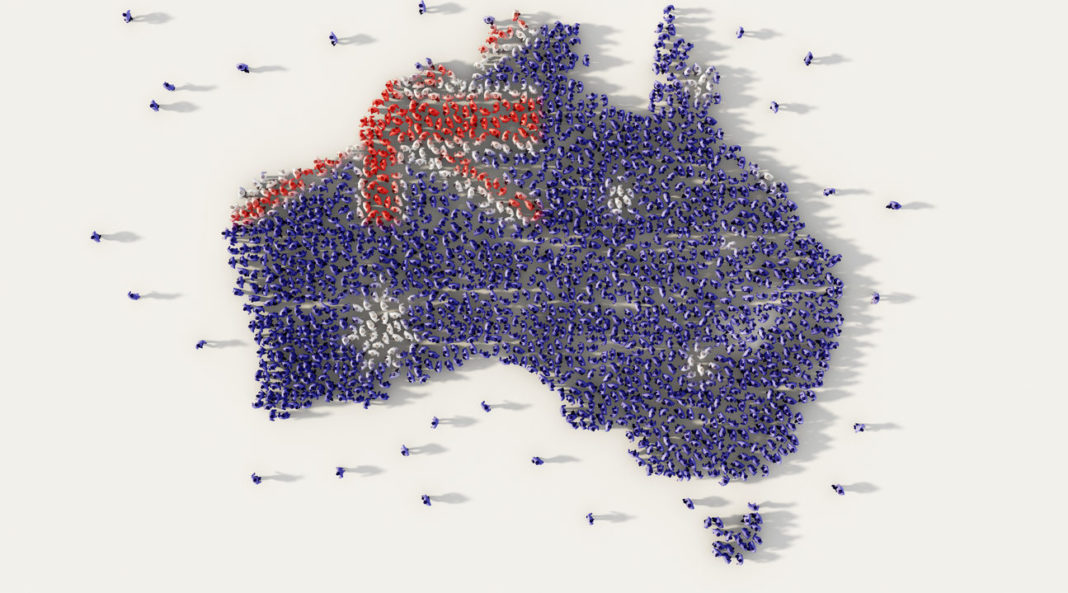At this confronting time in our world, ClearView MD, Simon Swanson, writes that if policyholders are going to stay in the life insurance pool for anywhere from 10 years to life, insurance companies must consistently apply high underwriting standards to ensure everyone is making a fair and equitable contribution…
The Covid-19 pandemic has raised legitimate questions (including by this publication) about the efficacy of underwriting standards to protect existing policyholders from unhealthy or at-risk lives potentially jumping into the pool.
The issue of who’s allowed into the pool is not new. It is as old as life insurance itself and is critically important at all times, not just during a global health crisis.
Life insurance is fundamentally about accurately assessing, pricing and pooling risk.
Risk pooling is a foundational principle. By pooling the resources (premiums) of a large number of people with comparable risks, insurers can spread the risk and impact of claims more evenly.
At a basic level, the more people in the pool the better. As an insurer, we want as many Australians as possible to access appropriate cover, which is why ClearView unashamedly supports the commission model.
Commissions, as opposed to advice fees paid by the client, make it easier for people to get life insurance advice. It lowers the barriers of entry into the pool.
However, insurers also have a responsibility to protect customers by ensuring everyone in the pool is making a fair and equitable contribution. That does not mean every policyholder pays the same premium. Those that represent a higher risk must contribute more than lower risk lives.
insurers …have a responsibility to protect customers by ensuring everyone in the pool is making a fair and equitable contribution
For death and trauma cover, risk pooling is a relatively straightforward concept and the Covid-19 pandemic has not changed our approach to underwriting risk here.
This is because pandemic threats have historically been relatively short-lived and the associated death toll among working-age people (those most likely to hold cover) has been relatively low. (The average age of a ClearView LifeSolutions policyholder for death cover is 45.)
The elderly and those with pre-existing medical conditions are more likely to succumb to a virus but they typically do not hold meaningful levels of life insurance, if they have cover at all.
From a medical perspective, there is a mix of healthy lives and unhealthy lives in any pool, and actuaries can reasonably predict the probability of people in that pool dying within a given timeframe. Through underwriting, insurers can decline some applications and apply a higher premium to unhealthy lives to improve the overall health of the pool.
However, when it comes to income protection insurance, insurers are assessing in equal weight both financial risk and morbidity.
Risk pooling is potentially less effective because people can theoretically anti-select; that is apply for cover – based on known information – to gain a financial advantage. For example, if a person suspects they are about to lose their job and may struggle to regain employment, they can apply for income protection cover, based on their current salary. This type of behaviour can distort the risk in a pool. While this is also relevant for mortality underwriting its impact is far more significant for income protection insurance.
…the economic impact of Covid-19 is an additional consideration for underwriters assessing IP and TPD application
As such, the economic impact of Covid-19 is an additional consideration for underwriters assessing IP and TPD applications. While a person’s income, occupation and industry have always been major factors, there is a heightened focus on this, especially for new clients working in sectors hit hard by job losses and reduced income such as retail, hospitality and travel.
To be clear, ClearView LifeSolutions has no specific exclusions for claims arising from a pandemic event and has no plans to introduce a pandemic exclusion for new business.
ClearView life insurance policies also provide worldwide cover, meaning all customers are protected should something happen to them while they are out of the country.
In the majority of cases, new applications will be assessed as per usual.
However, for some income protection and TPD applications, underwriters may ask additional questions to fully understand an individual’s unique situation and determine if cover can be offered under standard terms.
For the applications in suspense, some customers may be required to reconfirm the information they previously provided is still true and accurate.
This may result in acceptance, modification of policy terms or a decline in circumstances where income is very likely to be impacted by Covid-19.
Prudent risk management protects all stakeholders…
Our aim, given these are uncertain times, is to ensure that sums insured accurately reflect a person’s income earning ability. Prudent risk management protects all stakeholders.
Fortunately, Australia has been able to keep the number of Coronavirus-related deaths relatively low through early testing and diagnosis, and the exceptional work and commitment of our health care workers.
Financial advisers also have an important role to play right now in ensuring that their clients maintain cover.
To support households facing severe financial stress, ClearView LifeSolutions has a built-in benefit to waive premiums for up to three months for customers who have involuntarily lost their job for a range of reasons including retrenchment, redundancy or their employer going into administration or liquidation.
Customers can also request for their cover to be placed on hold for up to 12 months.
For more information, speak to a ClearView Business Development Manager.

Simon Swanson is Managing Director, ClearView Wealth Limited.







